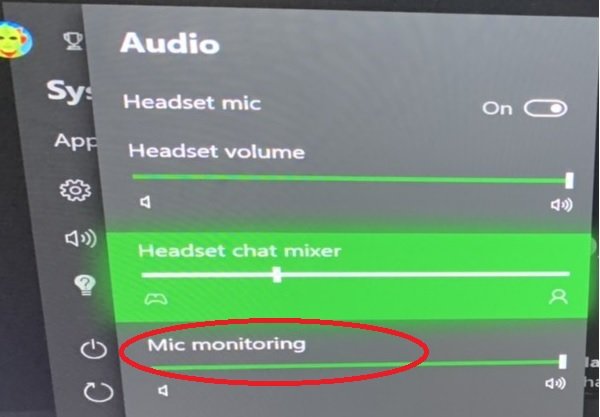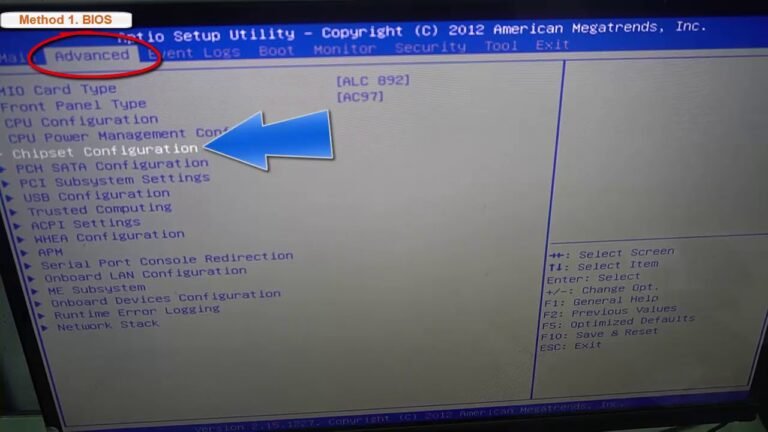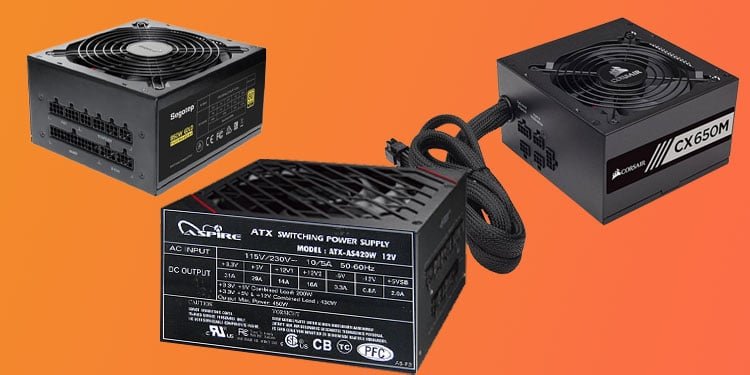Can I Use 75W Instead of 60W
Yes, you can use 75W instead of 60W in most cases. The difference in power usage is minimal, and the light output will be equivalent.
- Purchase a box of 75W light bulbs
- Remove all of the 60W light bulbs from your lamps and fixtures
- Install the 75W light bulbs in their place
- Enjoy the new, brighter look in your home!
Can You Use a 100W Led Bulb in a 60W Socket
If you’re looking to save energy and money, you might be wondering if you can use a 100W LED bulb in a 60W socket. The answer is yes! You can use a 100W LED bulb in a 60W socket, as long as the voltage (V) and amperage (A) are compatible.
Keep in mind that using a higher wattage bulb will result in a brighter light.
Can I Use a 75 Watt Bulb in a 40 Watt Lamp
Are you wondering if you can use a 75 watt bulb in a 40 watt lamp? The answer is maybe. It depends on the type of lamp and the socket that it uses.
If your lamp has a standard socket, then you should be able to use a 75 watt bulb. However, if your lamp has a candelabra socket, then you should not use a 75 watt bulb because it will be too big for the socket and could cause damage.
To be safe, always check the label on your lamp to see what size bulb it takes before purchasing one.
That way, you’ll know for sure whether or not a 75 watt bulb will work in your particular lamp.
What Size Led Bulb Can I Use in a 60-Watt Fixture
If you are looking to upgrade your home’s lighting fixtures to LED bulbs, you may be wondering what size LED bulb can be used in a 60-watt fixture. The good news is that there are now many options available on the market. Here is a guide to help you choose the right size LED bulb for your needs.
First, it is important to know that LEDs use much less energy than traditional incandescent bulbs. This means that an LED bulb will not produce as much heat as an incandescent bulb. As a result, you can usually use a higher wattage LED bulb in a fixture than you could with an incandescent bulb without causing any damage to the fixture or overloading the circuit.
However, there are some caveats. If your fixture is not designed for high heat output, using a high wattage LED bulb could shorten its lifespan. Additionally, if your home’s electrical system is not able to handle the increased load of a high wattage LED bulb, it could trip circuit breakers or cause other problems.
Therefore, it is always best to consult with an electrician before choosing an LED Bulb with a higher wattage than what is recommended for your particular fixture and situation.
Now that we’ve covered those basics, let’s take a look at some general guidelines for choosing the right size LED bulbs for common types of fixtures:
• Chandeliers – Most chandeliers can accommodate any size LED Bulb up to 8 inches in diameter.
However, if your chandelier has shades or other enclosed areas, make sure to check the manufacturer’s recommendations because enclosed fixtures can get hotter than open ones and may require lower-wattage bulbs
• Pendant Lights – Pendant lights typically require smaller bulbs than chandeliers due to their more compact design . A good rule of thumb is to choose an LED Bulb that has a maximum width of 4 inches
• Ceiling Fans – If your ceiling fan has exposed blades ,you will need an LED Bulb with a wider base so that it does not wobble and come into contact with the blades . A good rule of thumb here is to choose an LED Bulb with a maximum width of 5 inches . For fans with enclosed light fixtures ,you can use any size LED Bulb up 8 inches in diameter
Can You Put a Higher Wattage Bulb in a Lower Wattage Socket
If you’ve ever tried to put a higher wattage bulb in a lower wattage socket, you know that it doesn’t work. The reason for this is that the socket is not designed to handle the higher wattage. Doing so can cause a fire hazard.
So, what happens if you accidentally put a 60-watt bulb in a 40-watt socket? The first thing that will happen is that the circuit breaker will trip, cutting off power to the socket. If this happens, simply replace the bulb with one of the correct wattage and reset the breaker.
However, if you continue to use higher wattage bulbs in a lower wattage socket, eventually the heat from the bulb will damage the socket itself. At this point, you’ll need to replace both the bulb and the socket. So, it’s best to just use bulbs of the correct wattage for your sockets!
Can I Use a 60W Bulb in a 100W Socket
Are you in need of a light bulb but can’t seem to find one that will fit your needs? Well, have no fear because we are here to help! The question “Can I use a 60W bulb in a 100W socket?” is a common one and the answer may surprise you.
First and foremost, it is important to understand the difference between watts (W) and lumens (lm). Watts measure the amount of energy used by the bulb, while lumens measure the amount of light emitted by the bulb. With that said, a 60W bulb emits about 800 lumens, while a 100W bulb emits about 1600 lumens.
Therefore, if you are looking for more light output, you would want to opt for the 100W bulb. However, if you are concerned with saving energy, then the 60W bulb would be your best bet.
Now that we’ve cleared that up, let’s get back to our original question.
Can you use a 60W bulb in a 100W socket? The simple answer is yes; however, we do not recommend it. The reason being is that using a smaller wattage bulbs in sockets meant for larger wattage bulbs can cause damage to your electrical system over time.
So while it may work in the short run, it’s not worth damaging your home or office’s electrical system just to save few bucks on light bulbs. In conclusion, always make sure to use light bulbs that match both the wattage and voltage of your sockets!

Credit: www.ebay.com
What Happens If You Use a 75 Watt Bulb in a 60 Watt Fixture?
Picking the right light bulb is important for two main reasons: safety and efficiency. If you use a light bulb with too high of wattage in a fixture, it can cause overheating and potentially start a fire. It can also shorten the lifespan of your fixtures.
Not to mention, it’s just a waste of energy and money!
So what happens if you use a 75 watt bulb in a 60 watt fixture? The simple answer is: not much.
The higher wattage bulb will likely just make the fixture run hotter than normal, but it shouldn’t cause any damage or pose any safety hazards. However, we don’t recommend doing this on a regular basis as it can shorten the lifespan of your fixtures. Plus, it’s just not very efficient!
Can I Put a 70 Watt Bulb in a 60 Watt Lamp?
Yes, you can put a 70 watt bulb in a 60 watt lamp. However, doing so may cause the lamp to overheat and potentially start a fire. It is always best to consult your lamp’s manufacturer or an electrician before making any changes to your light bulbs.
Is 75W Brighter Than 60W?
Most people believe that a 75 watt light bulb is brighter than a 60 watt light bulb because it has more watts. However, this is not always the case. The brightness of a light bulb depends on how much power it uses, not how many watts it has.
A 60 watt light bulb may actually be brighter than a 75 watt light bulb because it uses less power.
Can I Use a 100 Watt Equivalent Led Bulb in a 60 Watt Fixture?
Yes, you can use a 100 watt equivalent LED bulb in a 60 watt fixture. However, there are a few things to keep in mind. First, the actual power draw of an LED bulb is often less than the equivalency rating.
So, while a 100 watt equivalent LED may produce as much light as a traditional 100 watt incandescent, it will likely use less actual power. This is important to consider because some fixtures have minimum power requirements and using an LED with a lower power draw could cause problems. Additionally, LEDs typically have a higher initial cost than traditional bulbs, so you’ll want to factor that into your decision making as well.
Nvidia RTX 3050 (60w vs 75w vs 95w) tgp Gaming Benchmark Test in 2022 |#intel i5|@StealthGamerSG
Conclusion
Overall, it is not advisable to use a higher wattage bulb than what is recommended. Doing so could potentially cause damage to your fixtures or create a fire hazard. However, in some cases, using a 75W bulb instead of a 60W bulb may not pose any significant risks.
If you are unsure, it is always best to consult an electrician.










